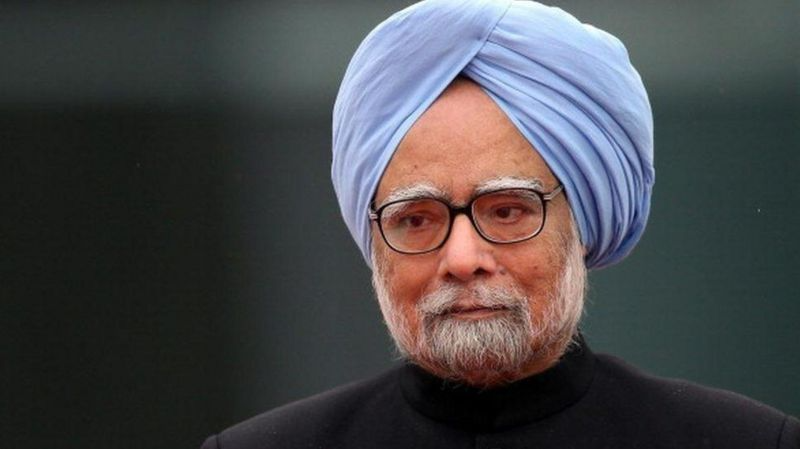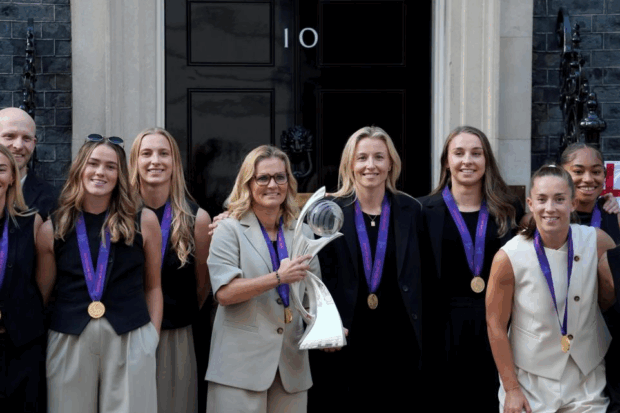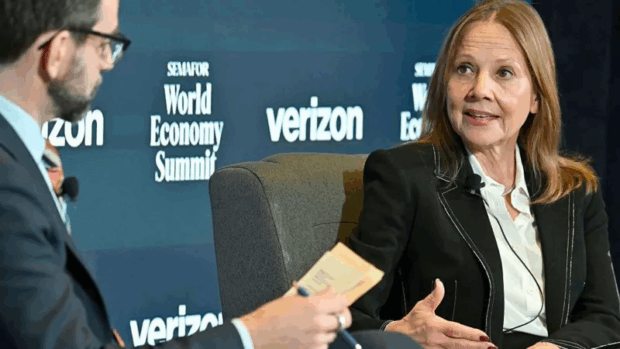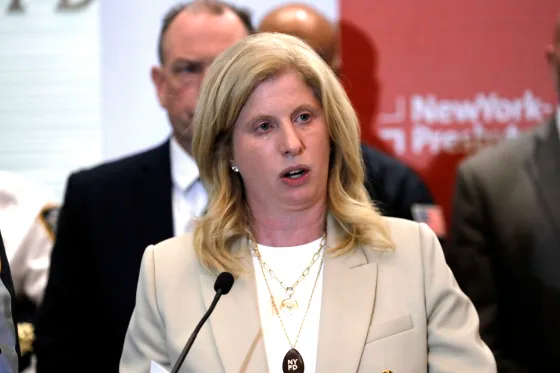
Manmohan Singh, who served as India’s Prime Minister from 2004 to 2014 and was widely recognized as the architect of India’s economic liberalization, has died at age 92 in Delhi.
Born in 1932 in a remote Punjab village without basic amenities, Singh rose from humble beginnings to earn degrees from Cambridge and Oxford. His academic excellence led to a distinguished career as an economist, serving as India’s central bank governor before entering politics.
Singh’s pivotal moment came in 1991 when, as finance minister, he spearheaded unprecedented economic reforms during India’s financial crisis. He liberalized the economy by reducing taxes, devaluing the rupee, privatizing state companies, and opening doors to foreign investment. These measures helped revive India’s economy and maintain strong growth throughout the 1990s.
In 2004, Singh became India’s first Sikh Prime Minister when Congress party president Sonia Gandhi declined the position. His first term saw significant achievements, notably the U.S.-India nuclear deal that ended India’s nuclear isolation. He won re-election in 2009, becoming the first Prime Minister since Jawaharlal Nehru to be re-elected after completing a full term.
His second term faced challenges, including corruption allegations against his administration that contributed to Congress’s defeat in 2014. Throughout his tenure, Singh maintained diplomatic relations with Pakistan despite tensions, worked to resolve border disputes with China, and strengthened ties with Afghanistan.
Known for his quiet demeanor and scholarly approach, Singh often faced criticism for being perceived as indecisive. After leaving office, he remained active in opposition politics and offered economic guidance, including recommendations during the 2020 coronavirus crisis.
Singh’s foreign policy preserved continuity with previous governments while expanding India’s international engagement. He worked to improve regional relationships, though the 2008 Mumbai attacks strained Pakistan relations. He also sought stronger ties with Western nations while managing traditional alliances.
Despite facing legal scrutiny over corruption allegations in 2015, Singh maintained his innocence and continued his public service. He remained engaged with national issues as a senior Congress party leader in his last years.
As Prime Minister, Singh led a complex coalition government, balancing regional interests while pursuing economic development. While some critics questioned his leadership style, supporters praised his integrity and intellectual depth. In 2014, he expressed confidence that history would judge his tenure favorably.
His wife and three daughters survived Singh. His legacy centers on his role in transforming India’s economy and maintaining political stability during a crucial period of national development, though opinions vary on the overall impact of his leadership.
Prime Minister Narendra Modi led tributes, noting Singh’s distinguished service and humility, while Congress leaders Rahul and Priyanka Gandhi remembered him as a mentor and guide who remained principled throughout his career.
















Be the first to leave a comment